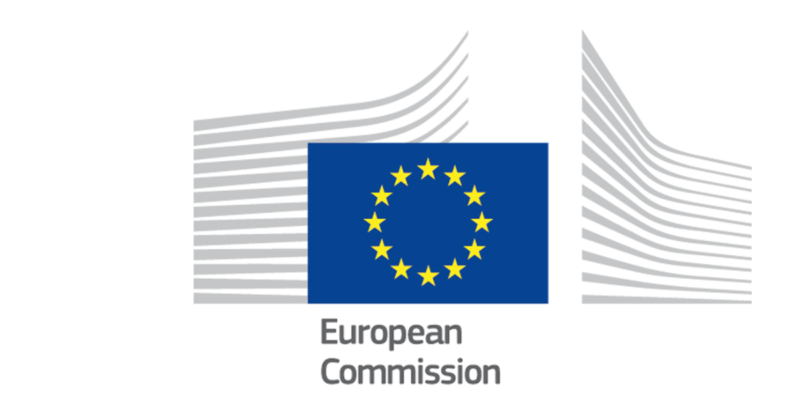On 21st October, the European commission approved its new open source software strategy for 2020-2023. This is an important step towards achieving the goals of the Commission’s overarching Digital Strategy and contributes to the “Digital Europe” programme.
The CNLL – France’s National Free Software Council, co-chaired by BlueMind CEO Pierre Baudracco – welcomed this announcement as it is in line with the propositions it has been making for years:
- By indicating that “Open-source solutions will be preferred when equivalent in functionalities, total cost and cybersecurity”, the Commission’s guidelines significantly exceed French legislation – article 16 of “Lemaire” Law of 2016 – which merely encourages the use of open source software in French government administrations. This is consistent with a 2006 Ministry of Defence directive – fallen into oblivion, as far as we know – which advised to “prefer open source software with a similar overall cost, risk and efficiency” and it concurs with what we have been calling for since 2012.
- In terms of digital sovereignty, the Commission’s document notes that “Open source impacts the digital autonomy of Europe. Against the hyper-scalers in the cloud, it is likely that open source can give Europe a chance to create and maintain its own, independent digital approach and stay in control of its processes, its information and its technology […]”. In the last few years, the CNLL has repeatedly underlined the key role of open-source software in European economy regaining its independence against non-EU players and protecting EU jobs.
- The Commission’s opening of an “Open Source Programme Office” (OSPO) designed to “guide, encourage and nudge change across the organisation” is a promising step. Organisational structure is key in enabling change towards an “open” internal work culture, but it has to come with external network elements and be connected other OSPOs, the private sector, open-source foundations and NGOs that implement software for the public sector. We have been urging the French government to set up such a dedicated structure in order to follow through with the proper implementation of article 16 of “Lemaire” Law.


